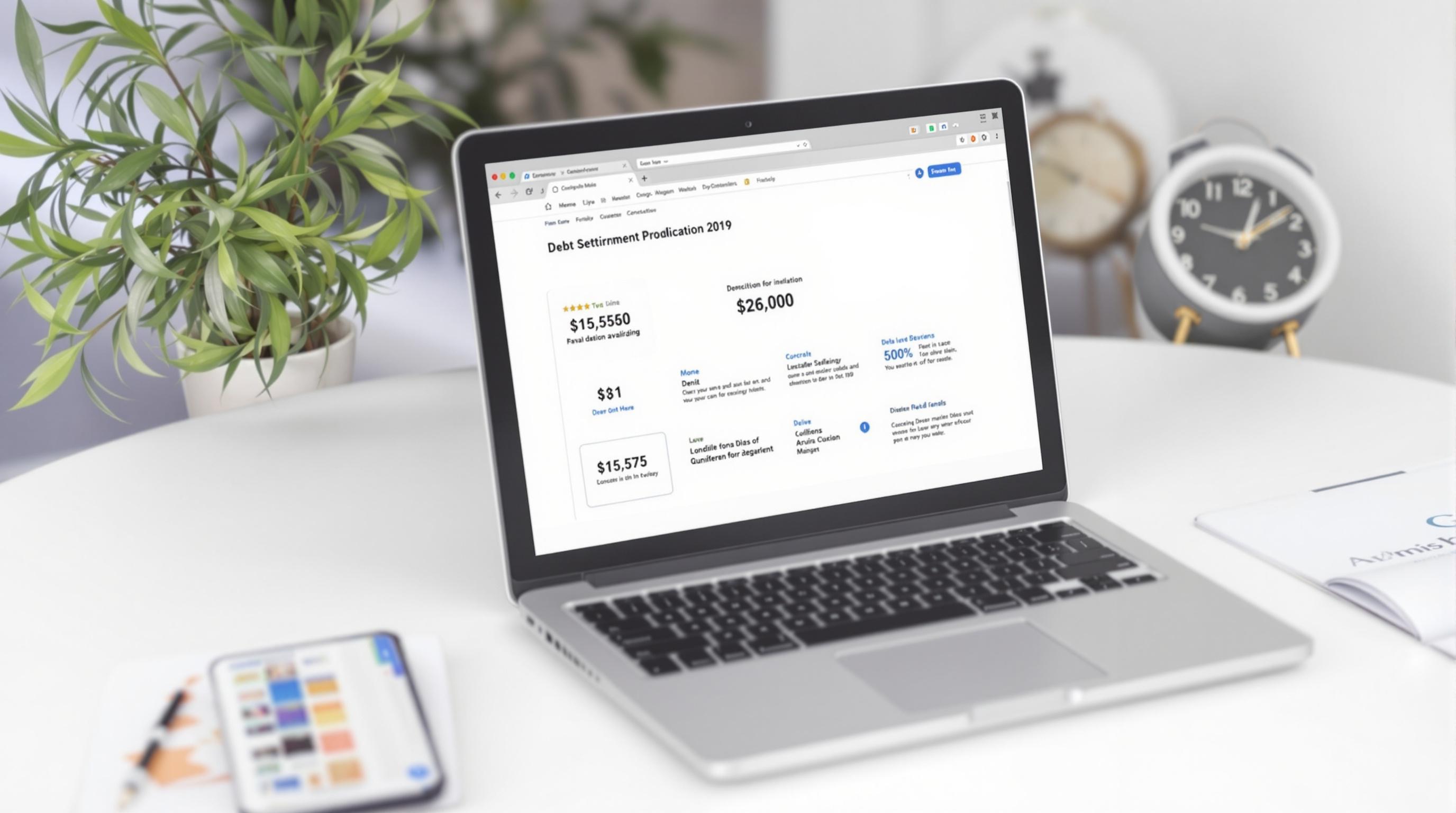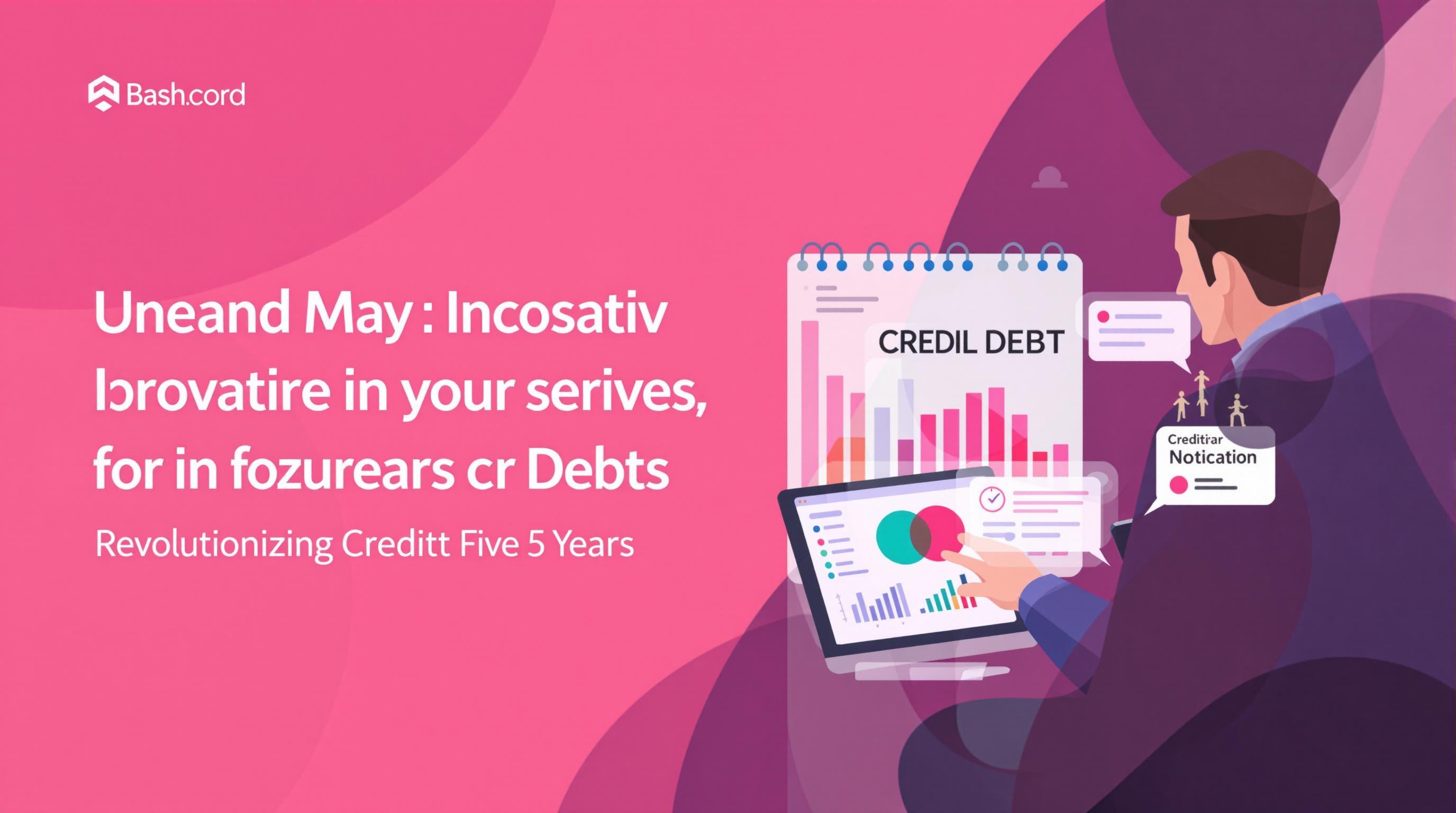Related Articles
- How Cultural Attitudes Shape Debt Settlements: Unseen Influences in Creditor Interactions Worldwide
- How Blockchain is Quietly Reshaping Debt Agreements Behind the Scenes You Didn’t Know About
- Top 6 Innovative Debt Settlement Platforms from the Last Five Years Revolutionizing Creditor Negotiations
- 7 Cutting-Edge Credit Watchers Released Since 2019 That Are Changing Financial Security Rules
- 7 Emerging Credit Watchers From the Last Half-Decade That Are Shaking Up Your Financial Safety Net
- How Identity Theft Ring Tactics Undermine Traditional Credit Vigilance and What’s Being Ignored
12 Insider Secrets Lenders Don’t Want You to Know When You Negotiate Creditors for Debt Relief
12 Insider Secrets Lenders Don’t Want You to Know When You Negotiate Creditors for Debt Relief
12 Insider Secrets Lenders Don’t Want You to Know When You Negotiate Creditors for Debt Relief
1. Lenders Prefer Negotiation Over Bankruptcy
Many borrowers believe that lenders immediately push to collect debts aggressively, but in reality, lenders often prefer negotiation over lengthy legal battles. Bankruptcy proceedings can be expensive and time-consuming for creditors, so they are frequently open to settling debts for less than the full amount.
Negotiating debt relief can save both parties time and resources. Lenders may accept reduced payment plans or lump-sum settlements to recover some but not all owed funds quickly, avoiding the uncertainty and costs associated with court cases.
Understanding this preference can give borrowers an advantage when initiating negotiations. Rather than fearing rejection, borrowers can approach lenders knowing there is room to finding mutually beneficial solutions.
2. Your Credit Report Has Leverage
Creditors pay close attention to how debts are reported on credit reports since negative marks affect borrower behavior and their own recovery chances. When negotiating, borrowers can leverage inaccuracies or outdated information on their credit reports.
Disputing errors or outdated entries may press lenders to reconsider terms or even agree to debt forgiveness in exchange for correcting your report. This tactic puts pressure on creditors who want to maintain legitimate reporting and avoid disputes.
Therefore, thoroughly reviewing your credit report before negotiations is critical. Resources such as AnnualCreditReport.com provide free reports annually, allowing you to prepare and use your report effectively during discussions.
3. Timing Your Negotiations Matters
Lenders’ willingness to negotiate often depends on the timing of your request. For instance, contacting creditors early in the delinquency cycle can result in more favorable terms before debts are written off or sent to collections.
Moreover, many lenders have quarterly or annual financial goals influencing their readiness to accept settlements at certain times. Year-end or fiscal-quarter deadlines can be opportune moments to request concessions.
Understanding a creditor’s business cycles and historical payment patterns can help you time your negotiation strategically to maximize your chance of debt relief or reduced settlements.
4. Every Debt Type Has Different Negotiation Rules
Not all debts are created equal—secured loans, unsecured credit card debt, medical bills, and student loans each have different negotiation nuances. Lenders’ practices vary widely depending on the debt type, legal protections, and creditor policies.
For example, student loans are often more difficult to negotiate due to government involvement and specific regulations, whereas credit card debts might offer more flexibility with settlements or payment plans.
Understanding the nature of your debt can prepare you for realistic expectations and targeted strategies. Professional advice or debt counseling can provide debt-specific negotiation tactics that improve outcomes.
5. Lenders May Lower Interest Rates or Fees
One lesser-known tactic is to negotiate reductions in interest rates, late fees, or other penalties rather than an outright principal reduction. Lenders often prefer this approach because it maintains their overall revenue stream.
Reducing interest and fees can make monthly payments more affordable and help you pay down the principal faster. This strategy can be particularly effective if a lender is reluctant to write off part of your debt.
When negotiating, explicitly ask about interest and fee reductions. Creditors sometimes have internal policies allowing discounts on fees, especially if you demonstrate hardship or consistent efforts to repay.
6. Get Everything in Writing
Oral agreements during negotiations can lead to misunderstandings or disputes later. Lenders may verbally agree to certain terms but later renege unless you have written documentation.
Always request written confirmation—emails, settlement letters, or amended contracts—before making any payments or commitments. This documentation protects you legally and ensures clarity on agreed terms.
Failure to obtain written agreements can result in future collections efforts despite your negotiated terms, so make this a non-negotiable part of your strategy.
7. Use a Debt Settlement Professional If Needed
Negotiating directly with creditors can be stressful, especially if you lack experience in debt relief. Professionals such as debt settlement companies or credit counselors can negotiate on your behalf, potentially securing better terms.
However, it is important to research and select reputable organizations; some services may charge high fees or provide questionable tactics. The National Foundation for Credit Counseling (NFCC) provides listings of trustworthy credit counseling agencies.
If negotiating independently feels overwhelming or ineffective, professional assistance can improve your chances of successful debt relief while minimizing stress.
8. Offer Lump-Sum Payments to Accelerate Settlements
Creditors are often motivated to settle for less when offered immediate lump-sum payments. A one-time payoff can be attractive if you have access to funds from savings or a third party.
This approach can allow you to negotiate a discounted payoff amount less than your total debt. The creditor benefits by receiving quick cash flow and closing the account.
When considering this strategy, make sure the agreed-upon balance and payment timeline are clearly outlined in writing. Lump-sum settlements are often the fastest way to reduce debts substantially.
9. Know Your Rights Under the Fair Debt Collection Practices Act
The Fair Debt Collection Practices Act (FDCPA) protects consumers from abusive or deceptive debt collection tactics. Knowing your rights can empower you during negotiations and prevent harassment.
For example, you can request validation of debts, limit contact times, or dispute inaccurate debts. Collection agencies and creditors must comply with these federal regulations.
Using these protections, you can approach negotiations from a position of knowledge, avoiding intimidation and ensuring creditors treat you fairly during debt relief discussions.
10. Negotiated Settlements May Have Tax Implications
When a lender forgives part of your debt as part of a settlement, the forgiven amount may be considered taxable income by the IRS. This means you might owe taxes on the relief you receive.
The creditor typically sends a Form 1099-C reporting the canceled debt amount if it exceeds $600. Planning for potential tax consequences can prevent financial surprises during filing season.
Consulting a tax professional before finalizing settlement agreements is advisable to understand how debt relief might affect your tax situation.
Sources:
Consumer Financial Protection Bureau, “Debt Collection FAQs,” consumerfinance.gov
Federal Trade Commission, “How to Deal with Debt Collectors,” ftc.gov
National Foundation for Credit Counseling, nfcc.org




